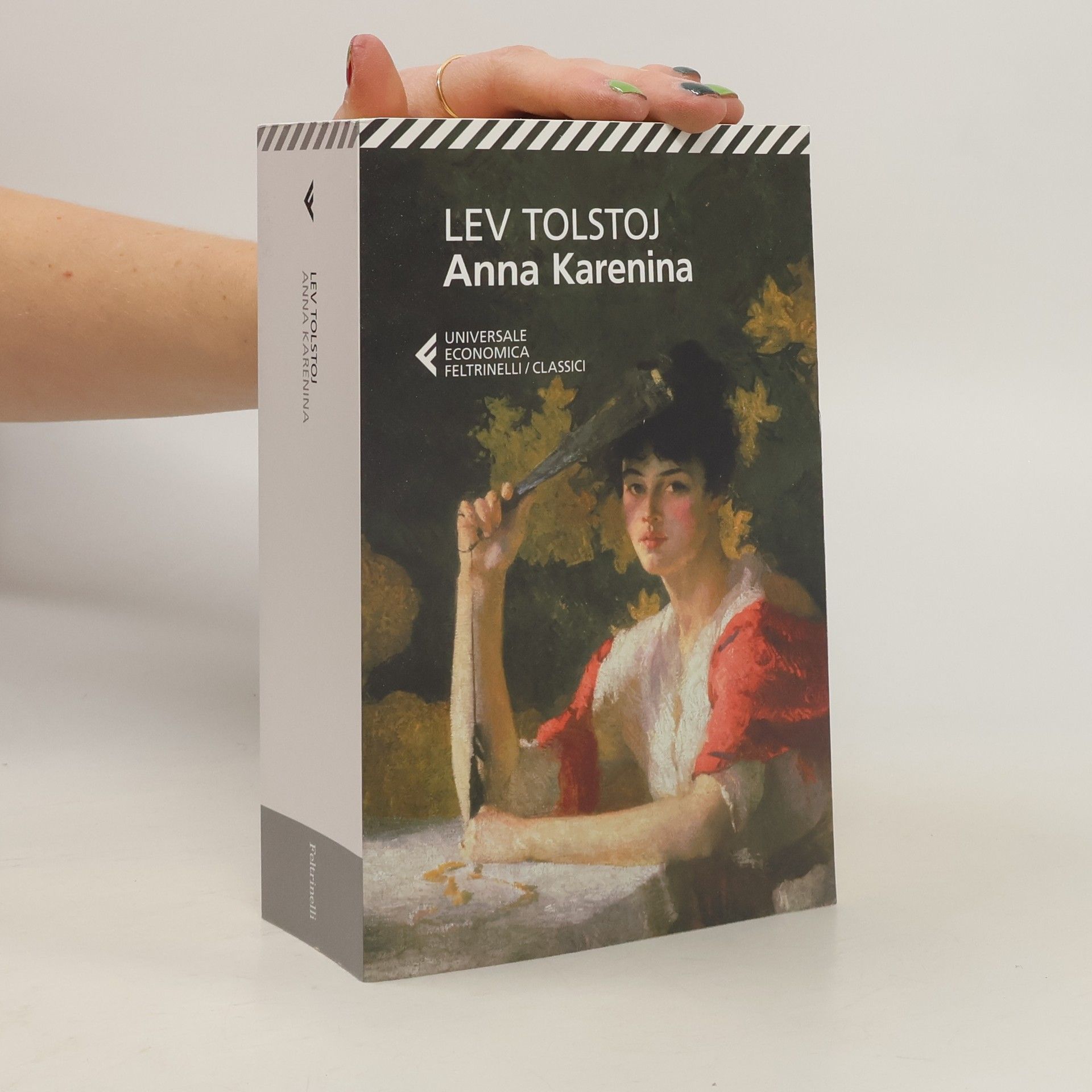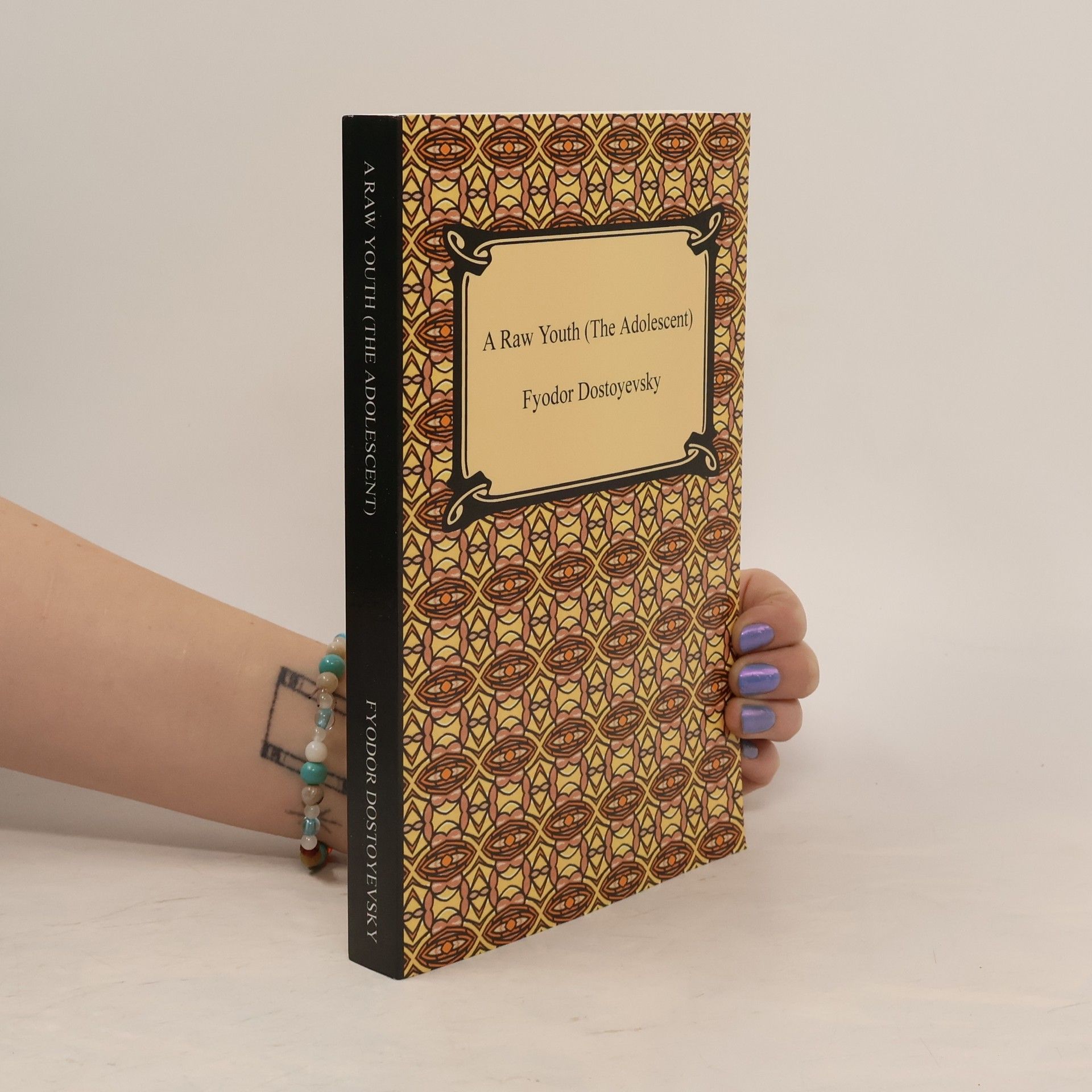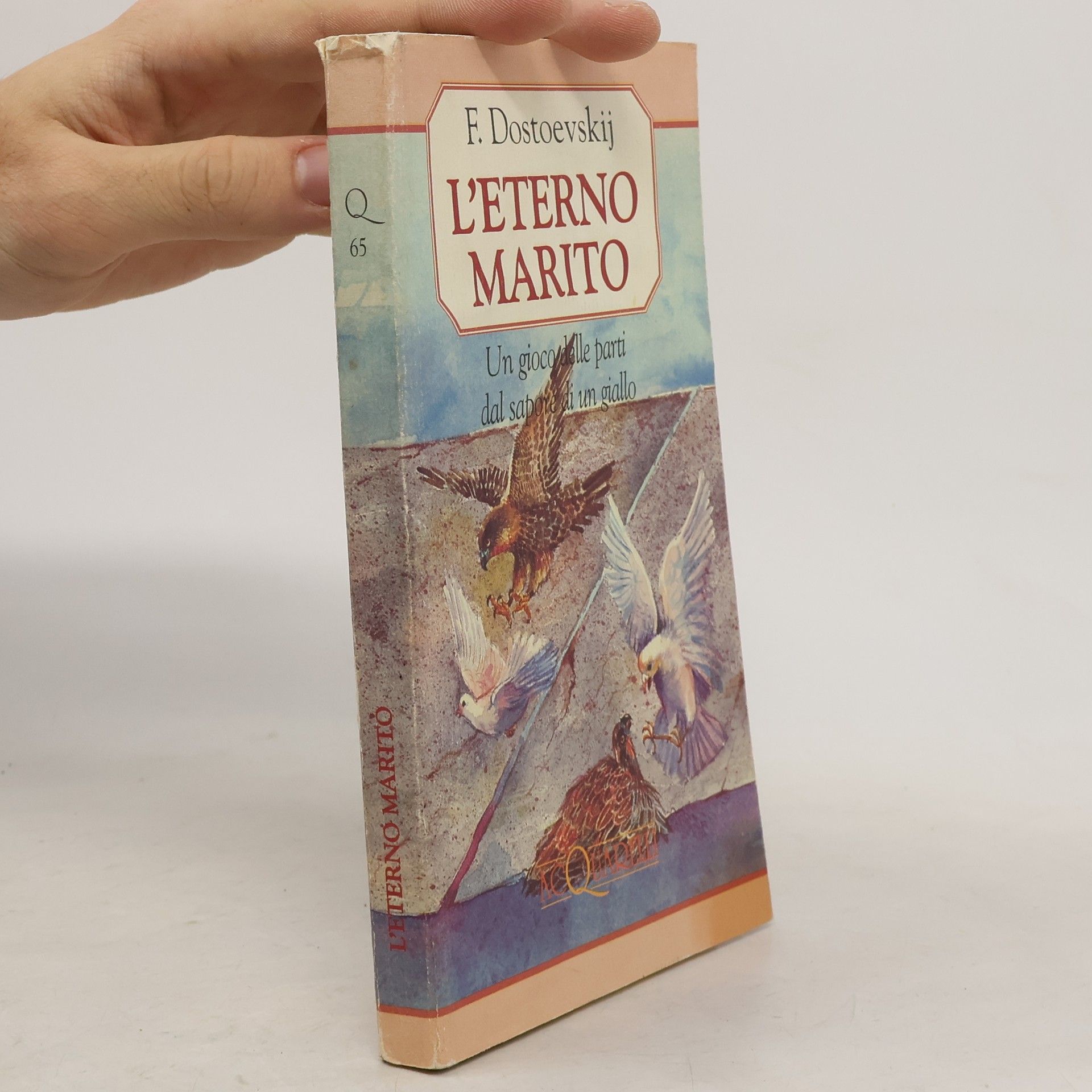Constance Garnett Libri
Constance Garnett è stata un'influente traduttrice inglese di letteratura russa del XIX secolo. Ha svolto un ruolo fondamentale nel presentare le opere di Lev Tolstoj, Fëdor Dostoevskij e Anton Čechov al pubblico di lingua inglese su vasta scala per la prima volta. Le sue traduzioni hanno plasmato profondamente la ricezione e la comprensione di questi iconici autori russi nel mondo occidentale. Gli sforzi della Garnett hanno reso i loro profondi contributi letterari accessibili e amati da un pubblico globale.

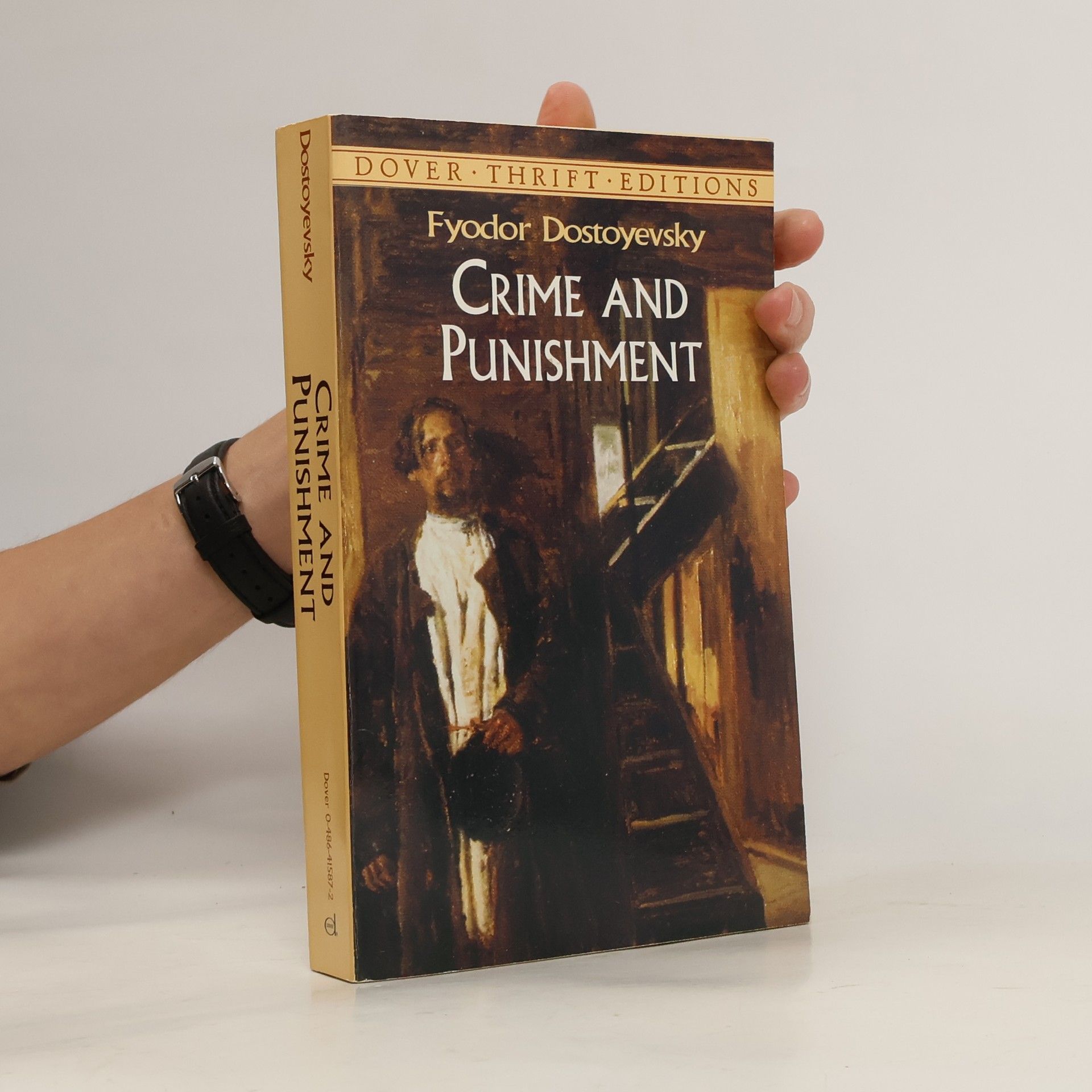

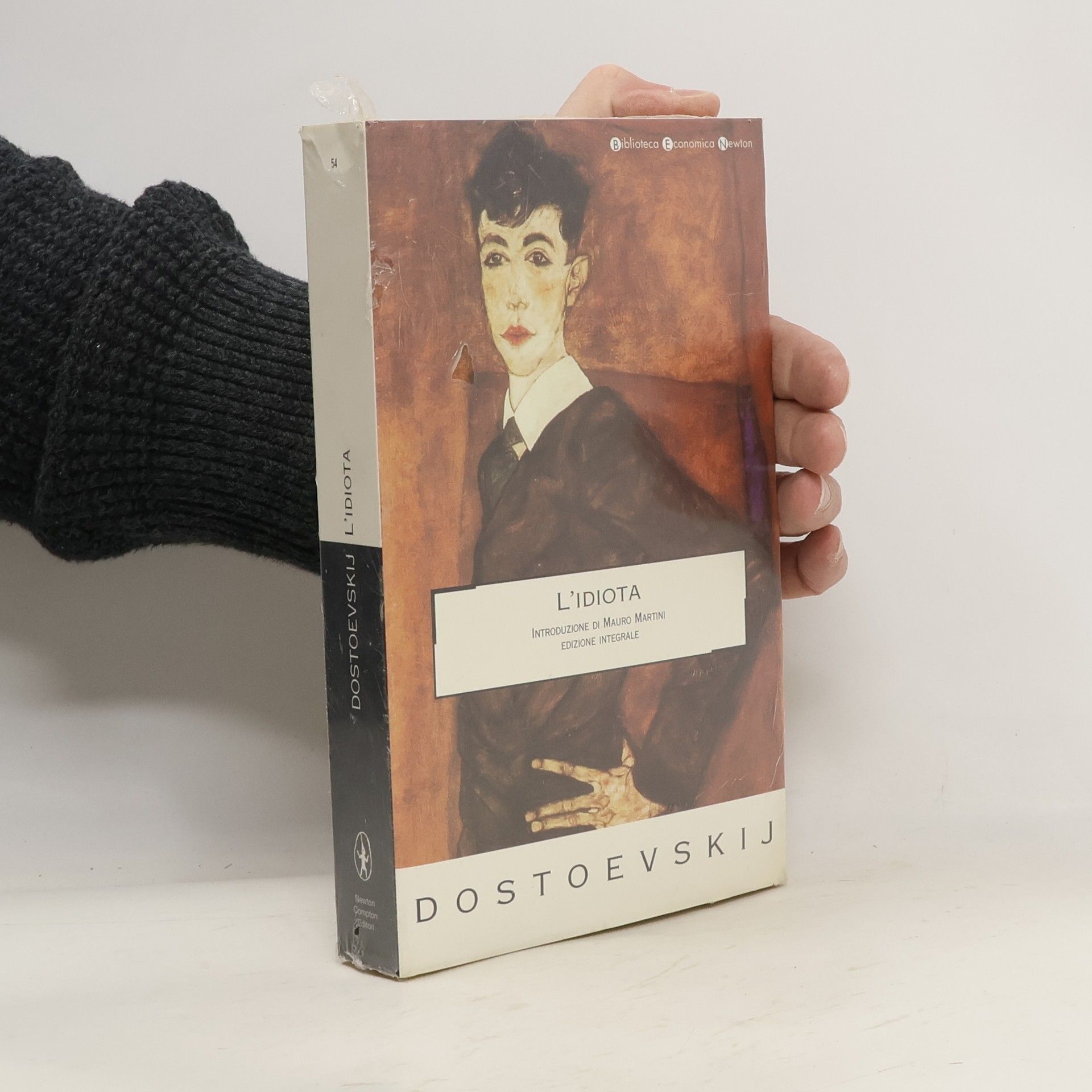

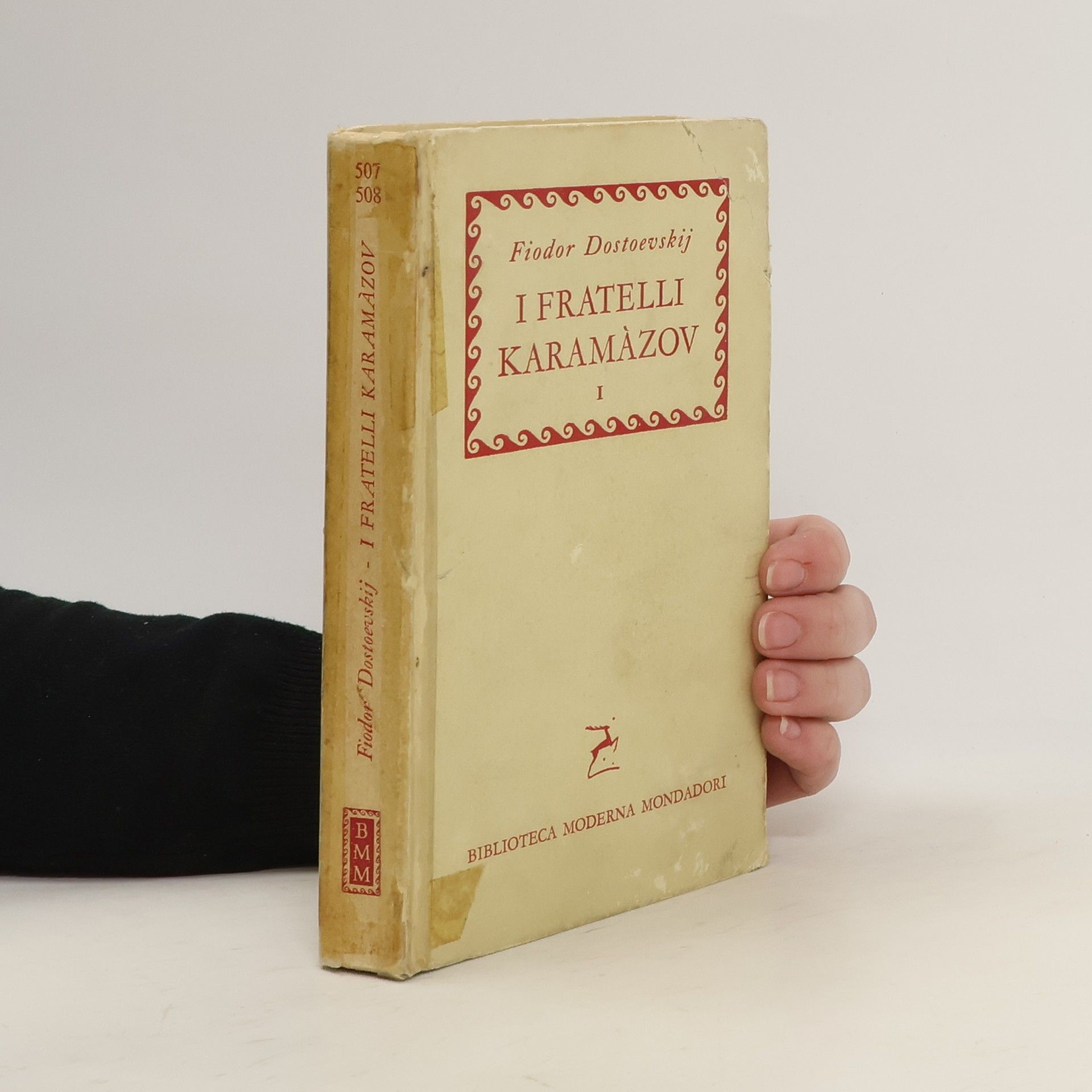
Quando, nel 1859, Dostoevskij ottenne il permesso di rientrare dalla deportazione nella Russia europea, aveva bisogno di qualcosa di clamoroso per riaffermare la propria posizione nel panorama letterario dell’epoca. Fu così che nella primavera del 1860 si dedicò alla stesura di un roman-feuilleton pieno di situazioni estreme, spregiudicate, delle quali si parlava con relativa disinvoltura, incentrate sul tema della fanciulla offesa e vittima di individui senza scrupoli. Sedotte e abbandonate: questo è il destino delle donne in Umiliati e offesi. Ma anche maledette dai propri padri.
L'idiota
- 408pagine
- 15 ore di lettura
Il principe Myskin, ultimo erede di una grande famiglia decaduta, è una creatura spiritualmente superiore, la cui «idiozia» consiste in un'assoluta mancanza di volontà e in una fede assoluta negli altri. Dopo un lungo soggiorno in Svizzera, al ritorno in patria si trova coinvolto in un vortice di storie d'amore vissute con passione torbida e violenta, che hanno come protagonisti il giovane Rogozin, la bellissima Nastas'ja e l'aristocratica Aglaja. Un'intricatissima sequenza di avvenimenti, raccontati con ritmo incalzante, in cui sfocia un'immensa mole di materiale: da Cristo alla cronaca giudiziaria russa, dall'Apocalisse alla polemica con il socialismo.
The House of the Dead
Man is sometimes extraordinarily, passionately, in love with suffering...
- 205pagine
- 8 ore di lettura
Fyodor Dostoyevsky was born on November 11, 1821, and was introduced to literature early in life, with his mother teaching him to read and write using the Bible. His literary immersion was profound, fueled by his parents' nightly readings. Tragedy struck in 1837 when his mother died of tuberculosis, and he and his brother were enrolled at the Nikolayev Military Engineering Institute, where Dostoyevsky found little interest in military studies, preferring drawing and architecture. His father's death in 1839 may have triggered his epilepsy, yet he persevered, eventually becoming an engineer cadet. His first completed work, a translation of Balzac's "Eugénie Grandet," was published in 1843 but failed commercially. He then wrote "Poor Folk," which was a success, followed by "The Double," which received poor reviews and exacerbated his health issues. Involved in socialist circles, Dostoyevsky faced arrest in 1849 for distributing banned works, leading to a death sentence commuted to four years of hard labor in Siberia. His prison experiences inspired "The House of the Dead," published in 1861. He later completed "The Gambler" in just 26 days. Despite continued health decline, including a diagnosis of pulmonary emphysema, he published "Demons" in 1873. Dostoyevsky died on February 9, 1881, after suffering multiple pulmonary hemorrhages.
Crime and Punishment
- 430pagine
- 16 ore di lettura
In a timeless story of justice, morality, and redemption, an impoverished Russian student murders a miserly landlady, a crime that has severe repercussions on his life and his family as he battles his conscience.
A collection of one novella and six short stories - The Gambler, Bobok, The Dream of a Ridiculous Man, A Christmas Party and a Wedding, A Nasty Story and The Meek One.
Anna Karenina
- 1107pagine
- 39 ore di lettura
“Tutte le famiglie felici si somigliano; ogni famiglia infelice lo è a modo proprio” “Qual è il vero peccato di Anna, quello che non si può perdonare e che la fa consegnare alla vendetta divina? È la sua prorompente vitalità, che cogliamo in lei fin dal primo momento, da quando è appena scesa dal treno di Pietroburgo, il suo bisogno d’amore, che è anche inevitabilmente repressa sensualità; è questo il suo vero, imperdonabile peccato. Una scoperta allusione alla sotterranea presenza nel suo inconscio della propria colpevolezza è il sogno, minaccioso come un incubo che ritorna spesso nel sonno o nelle veglie angosciose, del vecchio contadino che rovista in un sacco borbottando, con l’erre moscia, certe sconnesse parole in francese: Il faut le battre le fer, le broyer, le pétrir [...]. Il ferro che il vecchio contadino vuole battere, frantumare, lavorare, cioè distruggere, è la stessa vitalità, il desiderio sessuale, l’amore colpevole e scandaloso di Anna; e così essa lo sente e lo intende come la colpa che la condanna[...]. Ed è quel vecchio a farle improvvisamente comprendere cosa deve fare: distruggere quella vitalità, e cioè distruggere se stessa per espiare la sua colpa.” Dalla Postfazione di Gianlorenzo Pacini
A Raw Youth (The Adolescent)
- 366pagine
- 13 ore di lettura
The novel explores the tumultuous relationship between 19-year-old Arkady Dolgoruky and his father, the notorious landowner Versilov, as Arkady returns to St. Petersburg after years at boarding school. As he navigates the complexities of his family's scandalous affairs, the story delves into deep psychological, emotional, and moral conflicts, reflecting the intricacies of the human condition. Dostoyevsky's rich characterizations and themes make this work a significant contribution to literature, showcasing the author's profound understanding of human nature.
Memoirs of a Hunter
- 432pagine
- 16 ore di lettura
Presented here in a masterful new translation by Michael Pursglove, this landmark collection established the literary reputation of the author, who considered it his most significant contribution to Russian literature, and is universally regarded as a milestone in the Russian realist tradition.
Sembra essere la classica e passeggera "crisi dei quarant'anni" la causa dell'inquietudine e del malessere che colpisce all'improvviso uno scapolo impenitente... Sembra essere pura follia la gelosia che divora un marito venuto a conoscenza dell'infedeltà della moglie quando questa era già morta... Sembrerebbe inutile e irragionevole che i due personaggi debbano incontrarsi... Invece accade: i ruoli di carnefice e vittima si confrontano e si invertono, i loro destini fino a quel momento distinti si incrociano e ciascuno, dalla propria abiezione di cui ha improvvisa consapevolezza, si affida per un attimo alla speranza di una redenzione. L'esito? Tutto da scoprire.
